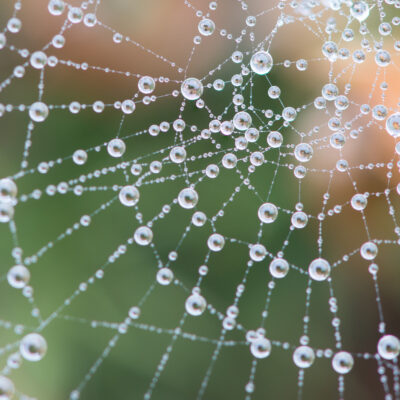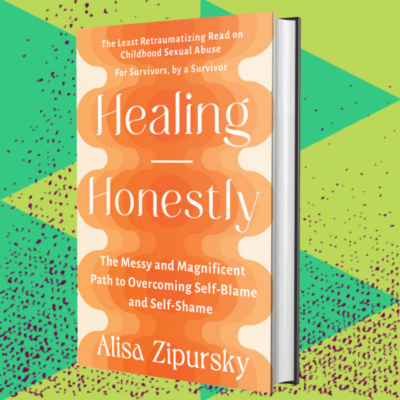This story talks about the emotional complexity of pulling away from an abusive parent, and talks about the emotional effects of incest.
I get the privilege of talking to so many other survivors, and while the details of our stories vary, there are always shared feelings and sensations that come along with healing that can make us feel so connected to each other. When I started writing, I didn’t know if people would relate to me if their trauma didn’t look exactly like mine. It has been one of the most moving parts of this work to see that people whose stories differ from mine relate to the emotions and experiences I describe.
With that said, there are occasions, like this one right here, when I feel compelled to speak directly to incest survivors. There are some aspects about our trauma that are specific to us, and lord knows no one is really talking about it, except us, to each other, in spaces like this. For survivors who haven’t experienced incest, you may find this piece relevant, or perhaps not, but as a reminder, I’m always here for you.
In my conversations with other incest survivors there is one thing that keeps coming up and it feels so urgent: Our guilt around pulling away from an abusive parent. When I say “pulling away” I mean establishing any kind of boundaries with our parent, such as changing how frequently we communicate with them, or how often we are near them. I’m going to try to write this story below both for us, the survivors who know exactly how we feel, and also for the people who love us who may be struggling to understand why we fear our guilt will kill us. Bear with me, as this one was really challenging for me to write. Also bear with me because the gifs are going to be all over the place in this story, it’s all so heavy and I need some levity, my dudes.

The guilt can feel overpowering
I had my every-three-month appointment with my psychiatrist last week, whereupon I go, tell him how great my therapy is going with my dope therapist (whatup Sandy), that the meds are working fine, and yes, please continue to give me more of them. But this appointment was different, because he’s starting to recognize that I have expertise in incest survivorship, and he (alarmingly) doesn’t have a great understanding of what that looks like in adult survivors.
I told him that for me and the other survivors I know, the feelings of guilt often dominate our lives. I consistently hear from other incest survivors is that they fear that if they pulled away from their abusive parent that the guilt of doing that will kill them. My psychiatrist was mystified and dumbfounded, by my statement. He stumbled on his words and then gently said, “You don’t have to answer this, but why? They have every right to leave that parent and be totally justified.”
That’s real cute, right? Using words like “right” and “justified”, as though our struggles with our trauma involve things like logic and reason.
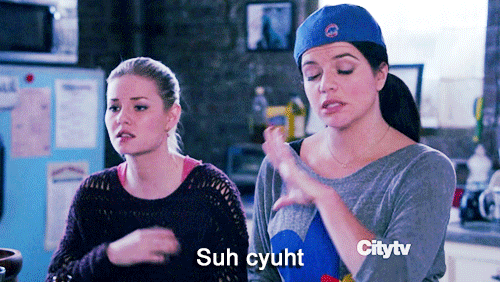
No, dear sir, trauma doesn’t just live in the rational parts of our brains, it lives in every part of our being, and when your abuser is your parent, there is no version of you that exists that hasn’t experienced that parent’s grooming, manipulation, and emotional abuse. For incest survivors it runs so deep, as deep as is humanly possible, and it takes a lot more than a little logic and reason to free us from it.
Our abusers taught us that this is love
I went to to explain my psychiatrist that our abusers primed us from the jump. Just like other parents, they would tell us that they love us more than anything in the world and that they would do anything for us. When they abused us, we had no understanding that the problem could be with the parent, and not with us. Because even if it hurt, or felt icky and made us feel like we were dying, it must’ve been our faults, because our parent is just loving us and would do anything to protect us from the world.
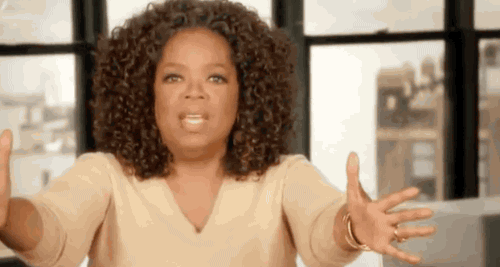
Emotional incest is real and so harmful
I then explained to this psychiatrist that with all the many incest survivors I’ve spoken to, we’ve all described our abusers not as angry people, and I’ve heard each of us quietly confess we wish we had a parent that had hit us, which comes from a desire to be able to show other people the pain we are experiencing, to have scars to prove our victimhood.
None of us remember our abuser yelling, instead we remember them as pathetic, sad people. People who cried when we told them we were upset. People who begged us to love them more. People who said they didn’t believe us when we told them we loved them. People who had children to be in service to their own boundless egos, who had a more parasitic than parental relationship with their child.
Which brings us to emotional incest. In case you aren’t familiar with the term emotional incest, (also known as covert incest), is when the parent treats their child like their child is their partner, relying on them for their emotional needs. The child’s needs are constantly ignored for the parent’s needs and the child is left being the adult in the relationship, and put in a position of doing a lot of inappropriate emotional labor. [Side note: I’ll be writing more about emotional incest in the future, so if you have thoughts on the topic shoot me an email at Alisa at HealingHonestly dot com]. What makes the inappropriate behavior of the parent emotional incest is really how it makes the child feel. In cases of emotional incest, the child is left feeling icky and having a feeling deep in their gut of being violated and unsafe. Of all the incest survivors I know, all of us have also experienced emotional incest, and have been primed since kids that there is no space for our needs in our relationships with our abusive parent.
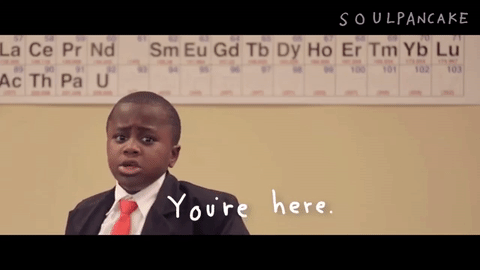
Our abusers work very hard to have us believe they are the victims, not us
Emotional and sexual incest conditions us to put our abuser’s needs before our own at all times, and to see our abusers as helpless and pathetic. Our abusers want us to see them as victims, and for us to feel sorry for them. They may even admit they’ve done something wrong, but it is always cloaked in some sort of language that still positions them as the victims.
This is very intentional. Our abusers know exactly how to maintain control over us. They send us constant messages that our needs don’t matter, and tell us that that they love us but that they’re victims and this is just them doing their best. These messages are incredibly powerful ways for them to maintain control over us.
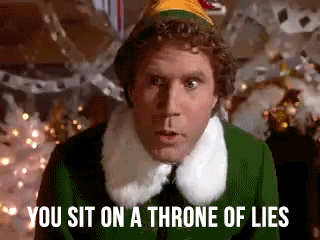
And while there is a real cycle of abuse, and it’s important to talk about how many perpetrators are themselves victims of of abuse, it does not give any parent the right to abuse their child. I used to feel sorry for my father all the time because he came from a very dysfunctional family, and it’s unclear that he ever experienced real love from them. How could he know better when his own mother was so terrible to him?
Over time, I realized that three things can be true at once: 1. He had a shit upbringing. 2. Nothing ever excuses him abusing his child. 3. Loads of people have shit upbringings and never ever abuse their children.
It was very difficult to re-condition myself to not feel sorry for my father. I think that seeing our parents as pathetic victims can be more damaging at times than seeing them as monsters, because it causes paralyzing guilt that makes it so difficult to leave. How many times have I heard another survivor say they wish their parent just got angry at them and exploded and then it would be easier to leave them, instead of the parent begging and crying for them to stay, at times, threatening suicide if the survivor leaves?
Self-hate and the guilt: it gets better
I used to hate myself. I know, it’s hard to imagine this strong confident boss of a woman [see below]
But, yes, self-hate dominated aspects of my life for a long time. I hated myself that I couldn’t tolerate being around my abusive father. I saw how other family members managed to be around him and not feel like they were going to burst into flames. I would wish that I could just be around him and not feel so icky and violated. I hated that I couldn’t tolerate him. I hated that I felt compelled to leave and make an enormous mess of my family and destroy my father’s heart.
I was so mean to myself, blaming myself for not feeling safe around my abuser and blaming myself for destroying my family, as though I was the one whose fault it all was.
An enormous turning point for me was in realizing the icky gut feeling telling me I couldn’t be near my father was there to guide me to safety. It took many years, but I learned to identify that icky gut-feeling as a part of my self-preservation, as a signal from my body to my brain that I was unsafe and needed to find sanctuary. The journey from hating that feeling towards understanding and accepting it was a long one.
But it is not my fault I do not feel safe around my abuser. It is not my fault that my skin curls when near him and that I cannot physically tolerate it. It is not because there is something wrong with me. In fact, it’s a really healthy normal response to feeling unsafe, and not one I should fight, but instead, accept and let guide me. The self-hate went away when I stopped blaming myself for feeling unsafe around my abuser.
Fearing we will destroy our families
Every survivor I’ve spoken to has feared that they are destroying their families by ending a relationship with an abusive parent. I worried much more about what would happen to my sibling than what would happen to my father if I left. Because my parents are divorced, I didn’t fear what would happen to my other parent or whether it would affect my relationship with my mother, but for many, this is a very real concern. Additionally, some survivors have younger relatives still living at home whose safety they fear for. I do not want to downplay any of these concerns and fears. I just want to say two things: 1. It is never ever your fault, you did not make a mess of your family, your abuser did. 2. I know how hard and painful this can be, and I’m here for you.
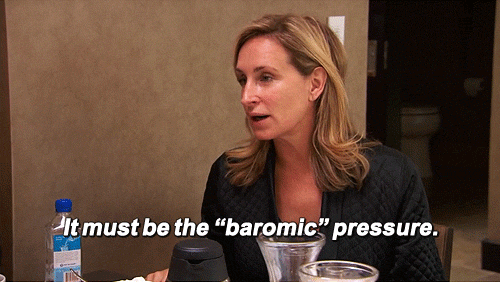
Financial and other safety concerns
For some survivors, there are serious financial concerns in pulling away from an abusive parent. They may be relying on that parent for a roof over their head, or their education, or other financial needs. Additionally, there may be other family and cultural pressures that make it very difficult for you to leave an abusive parent. I’m writing this piece not to tell anyone what to do, but rather, to acknowledge how hard these decisions can be. You are the expert in your own safety, no one else, including me, knows what is best for you.
Good news! Not only do you survive the guilt, but it gets loads better.
I remember seven years ago (I just had to count and cannot believe it’s been seven years…that’s the thing about PTSD, time and trauma are so disorienting, amiright?) when I was making the decision of whether I should end my relationship with my abusive father, I thought that if I did pull away that the feelings of guilt might kill me. I feared that he would commit suicide and I would spend my whole life blaming myself for that. If he survived, he would be alone with no one to really care for him, or worse, my sibling would be left to care for him alone. I knew that keeping him in my life would be the death of me, my PTSD was so severe and I felt like I was drowning at the thought of him, but the guilt of leaving also seemed lethal. I only chose to end the relationship when staying was truly no longer an option.
And here’s what I have to report about the guilt: it gets better. Loads better. Once I was able to leave the chaos of that abusive relationship I began to see clearly how much I blamed myself for things that weren’t my fault. I was able to feel the physical and emotional benefits of leaving the abuse, and the guilt became less severe.
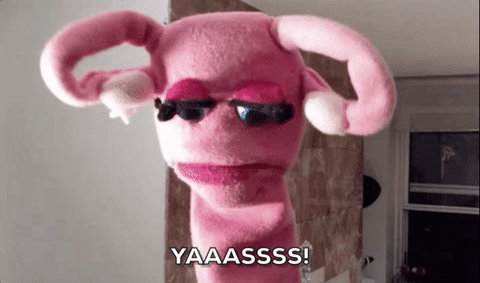
Even after seven years, I can still feel pangs of guilt. They’re leftover shattered pieces from a record that used to play nonstop in my head. When I left, I broke that record, but still during difficult and triggering times I can step on shards of the broken record and remember how it used to sound.
When I feel the pangs of guilt, the time from recognizing the feeling to remembering that it’s not my fault, and I am the victim, not my father, becomes less and less. I can much more quickly that the guilt was put in my brain by design from my abuser. He wanted me to feel that way. Then I remember that this guilt has no place in my life anymore, and that none of this is my fault.
Only you know what’s best for you
I write this piece not because I know what is best for you. I really don’t, only you are the expert in your own safety. I write this because I have personally met so many other survivors for whom this guilt is dominating their lives. I hear from so many people who are staying in places they want to leave because they fear the guilt will kill them. I am here to tell you, the guilt does not kill us, and in fact, over time, those voices of guilt get quieter and quieter, until it’s fairly easy for you to tell them to shut the hell up.
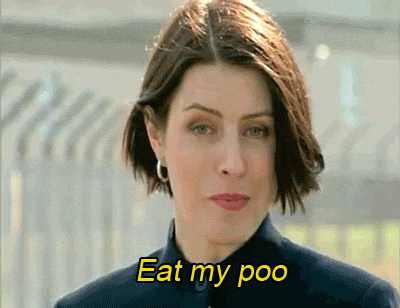
I am here for you, and I know how difficult these experiences can be. You are not alone in your pain or your fears. Sending you all love and light.
